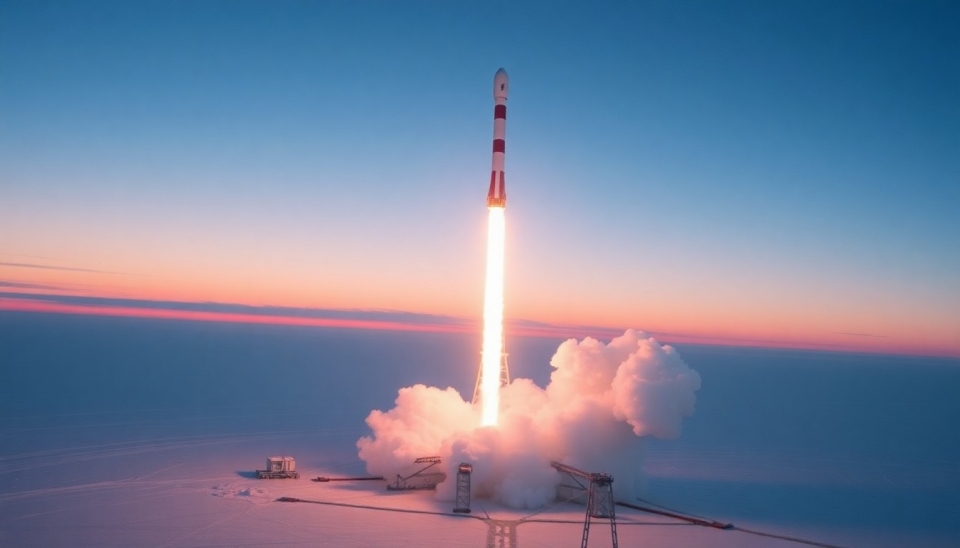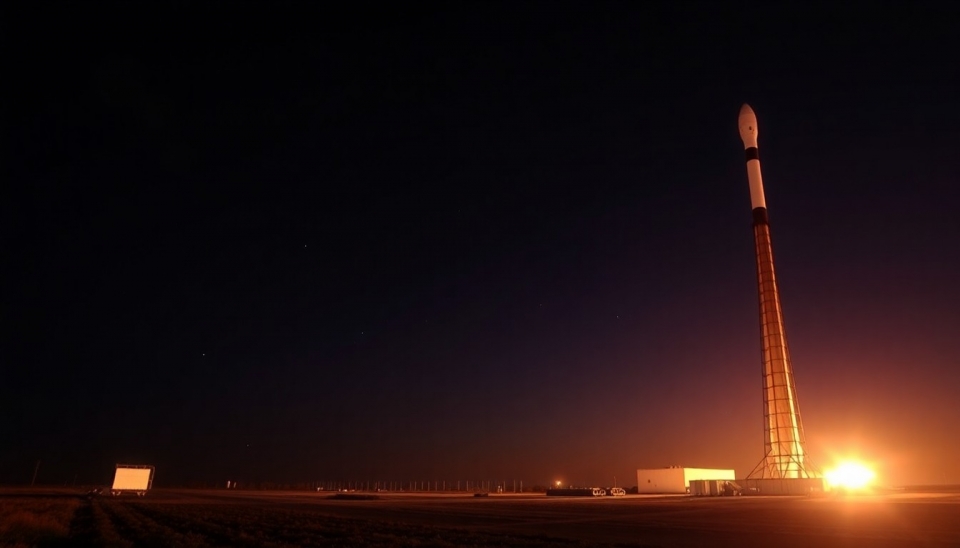
In an ever-evolving race for dominance in the aerospace sector, Elon Musk's SpaceX continues to leave its competitors in the dust. Recent analysis highlights how rival space companies, despite their ambitious plans and significant financial backing, are struggling to keep pace with SpaceX’s rapid advancements in technology and mission frequency. Given the increasing globalization of satellite launches and the undeniable importance of space exploration, this competitive landscape is becoming more fascinating and charge-laden than ever.
SpaceX's recent accomplishments serve as a testament to its industry leadership. The company has successfully executed numerous missions with a frequency and reliability that other companies aspire to achieve. For instance, the speed at which SpaceX can launch satellites into orbit gives it a substantial advantage over competitors, who find themselves grappling with delays and logistical challenges. This efficiency not only solidifies SpaceX's market presence but also contributes to its status as a critical player in the global launch ecosystem.
Rival firms are taking note of SpaceX’s capabilities, but many are hamstrung by various obstacles. Companies such as Blue Origin and Virgin Galactic have made headlines with their innovative approaches; however, they have faced setbacks that highlight the disparities in operational readiness compared to SpaceX. These setbacks may include regulatory hurdles, testing timelines that extend far longer than anticipated, and difficulties in scaling production to meet the high demands of satellite deployment.
Institutional investors and governments are keeping a close eye on the burgeoning space economy, with funding directed towards firms that promise to challenge SpaceX's prowess. Nonetheless, doubts linger about the sustainability and execution of these ambitions. The competitive landscape inevitably raises questions about the future of space exploration, particularly as SpaceX continues to bolster its partnerships with NASA and private sector collaborators.
The overarching narrative reveals not just a race for technological supremacy but also a question of strategic positioning in an industry that is becoming increasingly vital for global communications, defense, and next-generation technological applications. As SpaceX maintains its momentum, the eyes of the world are fixed on how rivals pivot and adapt in the face of such formidable competition.
As the space industry continues to gain traction, it will be crucial for companies to draw lessons from SpaceX’s business model and operational strategies. To challenge a giant like SpaceX, it may not be just about technology but focusing on fostering innovative partnerships and improving existing operational methodologies without compromising on safety or efficiency. The stakes are high, and the potential rewards even higher, but catching up to SpaceX remains a significant hurdle for its rivals.
Ultimately, the dynamics of the space race raise broader implications for our approach to innovation and exploration beyond our planet. With SpaceX leading the charge, the question now becomes: how will the other players strategize to carve out their own niches in the universe of commercial space travel?
In summary, while SpaceX continues to set the standard in the space industry, the emergence of rival companies, their challenges, and potential strategies to regain competitive ground contribute to a captivating saga that is far from over.
#SpaceX #ElonMusk #AerospaceIndustry #Rivalry #SpaceExploration #Innovation #CommercialSpace #TechnologyAdvancements #GlobalLaunchMarket
Author: Liam Carter




